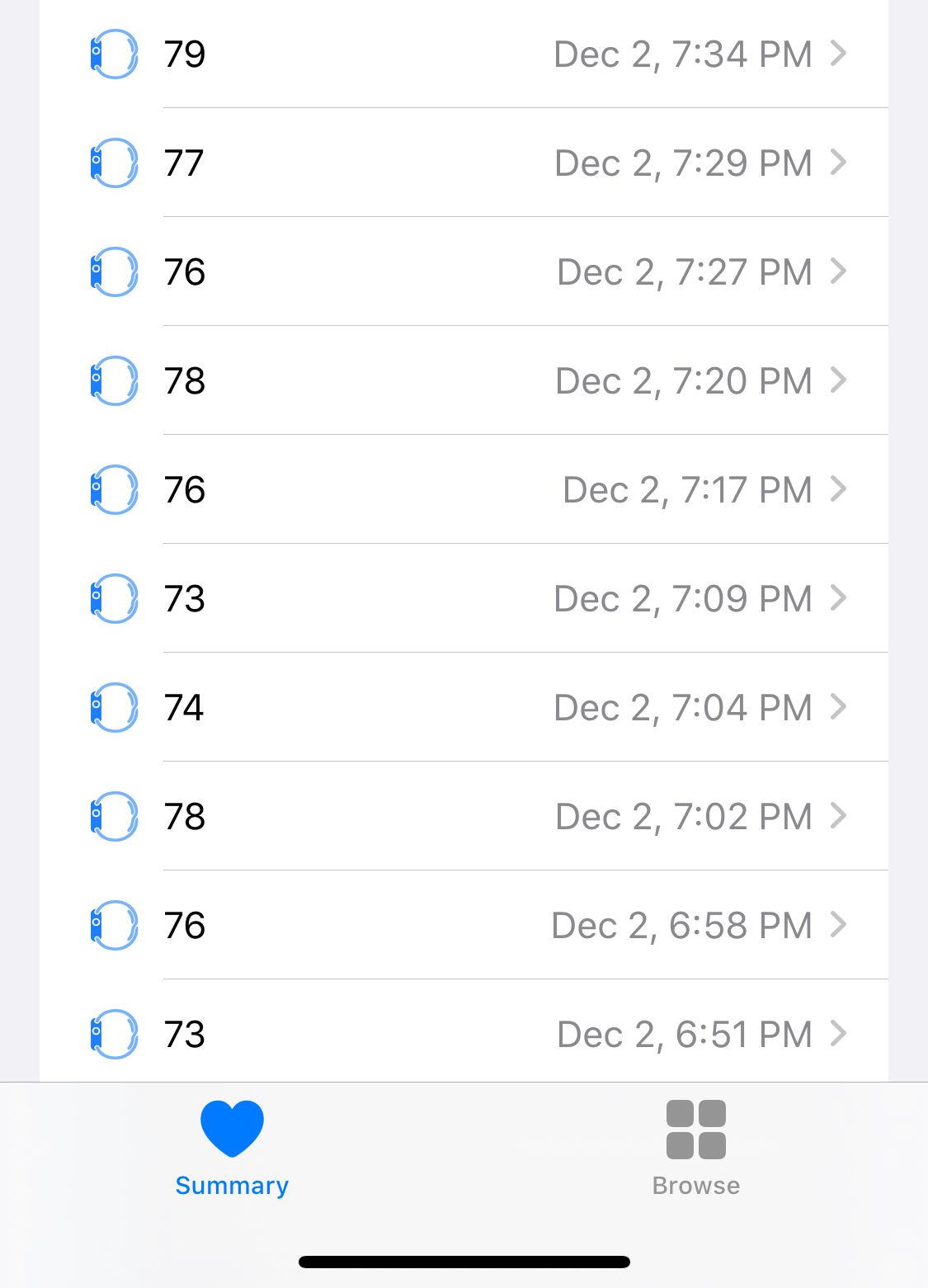Pain
Last December, I wanted to compare night modes on the newly released iPhone and Pixel phones. Totally reasonable, and exactly the sort of thing you’d expect to see on this blog. So I waited for the sun to go down and around 9PM I headed out to a local park, which I knew had some fun lights up, but would be completely dark.
“You’re going to go walk around a dark park in the middle of the night?” my wife asked me.
“Sure, why not?” I replied.
She couldn’t understand the feeling that walking around a dark public park after hours could be seen as a totally safe thing to do.
Fast forward about 30 minutes and while I was taking pictures around the park, which I’ll admit kinda did look like someone casing the joint for a robbery, I was approached by a police officer who asked me what I was doing. I remember thinking “yeah, I could see why he’d be curious.” I proceeded to explain to him that I write for a tech blog where I compare smartphones and I was doing some tests to see which phone was better. He listened and asked some questions about which phone I thought was winning, and after a couple minutes he let me carry on.
What I remember about that interaction today is how little it bothered me at the time. I wasn’t nervous, something I could verify by cross-referencing the photos before and after our talk with my Apple Watch’s heart rate data, and this is the window where I was talking to the officer:

Yeah, totally steady, I wasn’t worried at all about the situation escalating or anything. I may as well have been talking to a friend.
I bring up this event because it is a great example of my privilege as a white man. I went to a pitch black, wide open space and didn’t worry at all about my safety. I was questioned by a cop about what I was doing and my heart rate didn’t so much as blip. The idea of either of those things being remotely dangerous were completely foreign to me.
This past week we have seen nationwide protests sparked by the murder of George Floyd. I’ve been largely silent on the issue both here and on social media, largely because I don’t know what to say. There is an immense amount of pain that has been growing for many generations among people who don’t look like me in this country. There is a distrust of institutions to do the right thing. There is pain as every on-video murder of a black man sees a demographic scower the web for reasons that the murder might have been justified. It pains me that I can’t remember the source, but I heard a clip from a podcast on Twitter where someone asked the question, “how many white men have you seen murdered in high definition?” As I write this Sunday morning, I struggle to think of a single name, but I can recall several names of black men from just the past couple months.
I don’t talk a lot about this stuff because I worry about saying the wrong thing. I worry about not properly vetting my sources and saying something that’s either untrue or lacks required context to understand or appreciate.
So I listen. I listen to people who have different perspectives than me, people who have different perspectives simply because of the way they look. I listen to people who talk about wrestling with how they are going to raise their kids in a world that forces them to grapple with things I’ve never had to ponder for a second.
So yes, #BlackLivesMatter yesterday, today, and tomorrow. This hashtag is not a signifier that only black lives matter (as the AllLivesMatter folks would twist it to mean), it’s a reminder that black lives matter too. You would think this doesn’t need to be said, and some people will tell you that it doesn’t, but there are piles of evidence that as a nation, we do need this reminder.
And of course, in this time of pain and division, it would be very nice to have a leader who was invested in uniting the country or taking action to diffuse the mounting tensions causing the current wave of protests, but that’s not who we have right now.
Discussion